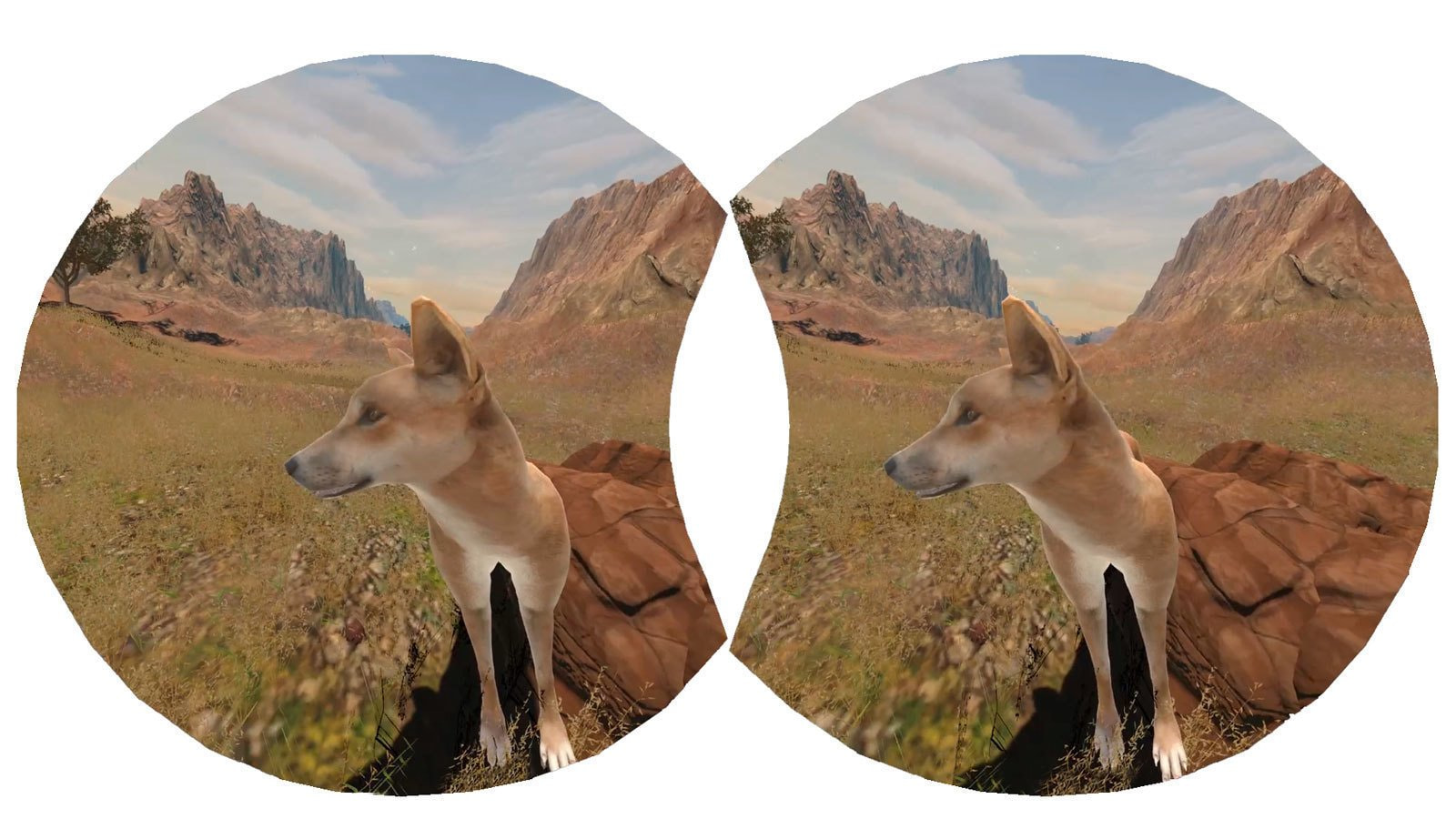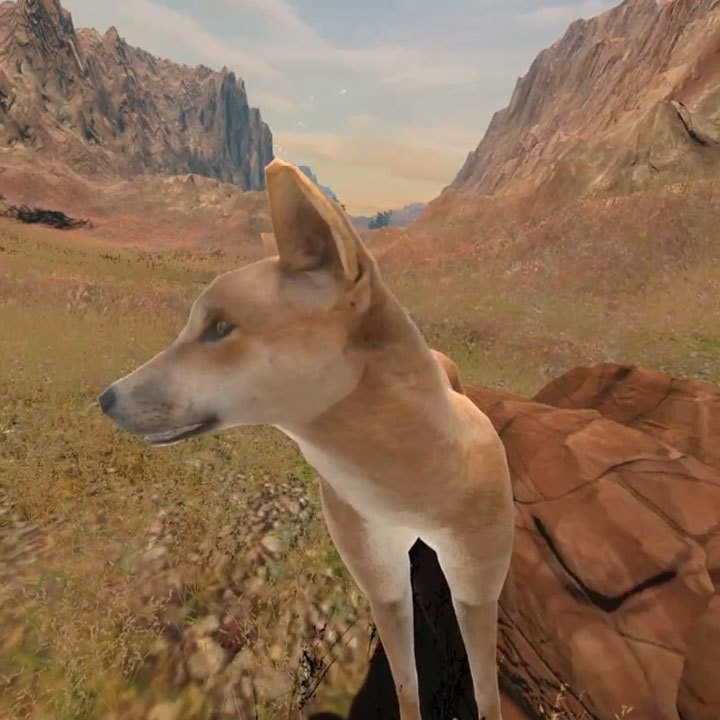As part of the public program for the exhibition The Coming World: Ecology as the New Politics 2030–2100, Garage presents a discussion focusing on the ethics of relationships between animals and people. The speakers include Hayden Fowler, artist and author of the project Together Again, which can be seen in the exhibition; Garage curator Snejana Krasteva; art historian Irina Aktuganova; animal behavior expert Alexey Vereshchagin; and Mikhail Kalyakin, director of Moscow State University’s Zoological Museum.
Conservation science and ethics deal with wild flora and fauna in natural or semi-natural environments. The prevailing paradigm states that the key value is to allow wild animals to thrive undisturbed and exercise their natural patterns of behavior, but what about animal born in captivity or those rescued from dangerous conditions and unable to return to the wild?
Zoos and aquariums have a scientific mission to work as gene banks that help to ensure the survival of critically endangered species. They also have an educational mission, providing opportunities for people to reconnect with nature and increasing awareness of the ongoing extinction crisis. These arguments are often used to justify exhibiting live animals, as the profits made by such institutions are reinvested in science and education.
This thesis cannot be directly applied to other areas, such as the entertainment industry, where animals are often displayed for profit-making purposes. Museums of contemporary art and other cultural institutions are somewhere in the middle: unlike zoos and aquariums, they are not part of the nature conservation system, but they operate as nonprofit organizations and do not aim to earn money from the use of animals in artworks. The range of ethical dilemmas in this field is therefore much wider: from animal rights and well-being in captivity to questions of informed consent and intellectual property rights in relation to content produced with the use of animals.
When is using live animals in contemporary art contexts justified? How can we ensure that all possible measures have been taken to provide for their safety, comfort, and physical and emotional health? How do we treat non-human animals with high cognitive and emotional abilities?
The speakers will honestly and openly discuss these difficult and often ambiguous questions with artists, curators, zoologists, sociologists, and activists.

